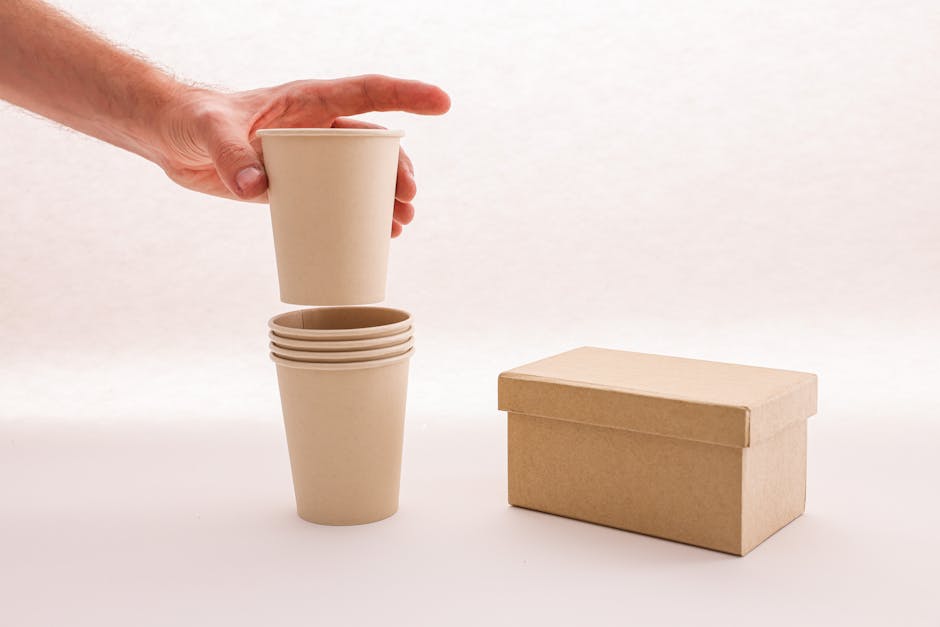
In an era where environmental concerns are at the forefront of consumer consciousness, sustainable packaging solutions have become increasingly important. Among these innovative approaches, dissolvable packaging options stand out for their unique properties and potential to reduce waste. This article explores the various types of dissolvable packaging materials, their applications across different industries, and the significant benefits they offer in promoting sustainability.
Overview of Dissolvable Packaging Materials
Dissolvable packaging options are primarily made from water-soluble materials, which allows them to break down efficiently in water. Two commonly used materials include polyvinyl alcohol (PVOH) and starch-based options. PVOH is a synthetic polymer known for its excellent solubility in water and is often used in applications that require quick dissolution, such as single-use laundry pods. Starch-based options, derived from natural sources like corn or potatoes, offer a biodegradable alternative that not only dissolves in water but also contributes organic matter back into the environment. These materials possess properties that make them suitable for a range of applications, including their ability to maintain structural integrity until exposure to water, which is essential for preserving the functionality of the product within the packaging.
Applications of Dissolvable Packaging in Various Industries
Dissolvable packaging options have found numerous applications across various sectors, notably in food, cosmetics, and pharmaceuticals. In the food industry, these materials are often used for packaging single-serving products such as instant soups and sauces. For example. a popular brand offers soup pods that dissolve in boiling water, providing a quick and convenient meal solution while minimizing packaging waste. In cosmetics, dissolvable packaging is utilized for single-use items such as facial cleansers and hair treatments. These products are designed to dissolve in water, allowing consumers to enjoy the benefits without contributing to the plastic waste typically associated with traditional packaging. The pharmaceutical industry also benefits from dissolvable packaging options. Medications packaged in water-soluble films ensure that dosages remain intact until they are ready to be consumed, improving both convenience and safety for patients.
Benefits of Using Dissolvable Packaging for Sustainability and Waste Reduction
One of the most significant advantages of dissolvable packaging options is their potential to enhance sustainability. By using materials that dissolve in water, manufacturers can significantly reduce the amount of plastic waste generated. This aligns with broader initiatives aimed at minimizing environmental impact and promoting a circular economy. Additionally, dissolvable packaging can contribute to waste reduction by eliminating the need for extra containers or wrappers. For instance, when consumers use products that dissolve in water, they often find that they require less packaging overall, which can lead to reduced shipping costs and lower carbon footprints for manufacturers. Experts in the field emphasize the importance of transitioning to more sustainable packaging solutions. Many manufacturers are increasingly aware of the need to adopt practices that not only meet consumer demands for convenience but also prioritize environmental stewardship. To illustrate the key benefits of dissolvable packaging options, consider the following table:
| Benefit | Description |
|---|---|
| Environmental Impact | Reduces plastic waste in landfills and oceans |
| Biodegradability | Breaks down into harmless substances in water |
| Convenience | Single-use, easy to handle, and eliminates extra packaging |
In conclusion, dissolvable packaging options represent a promising shift toward sustainable practices across various industries. By utilizing materials such as PVOH and starch-based films, businesses can address consumer demand for eco-friendly solutions while contributing to a reduction in waste and environmental impact. As awareness of sustainability continues to grow, the adoption of dissolvable packaging in everyday products may serve as a vital step toward a more sustainable future.


